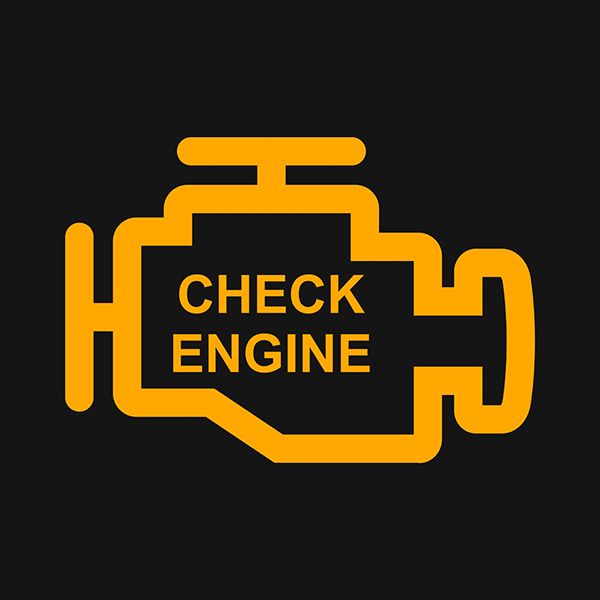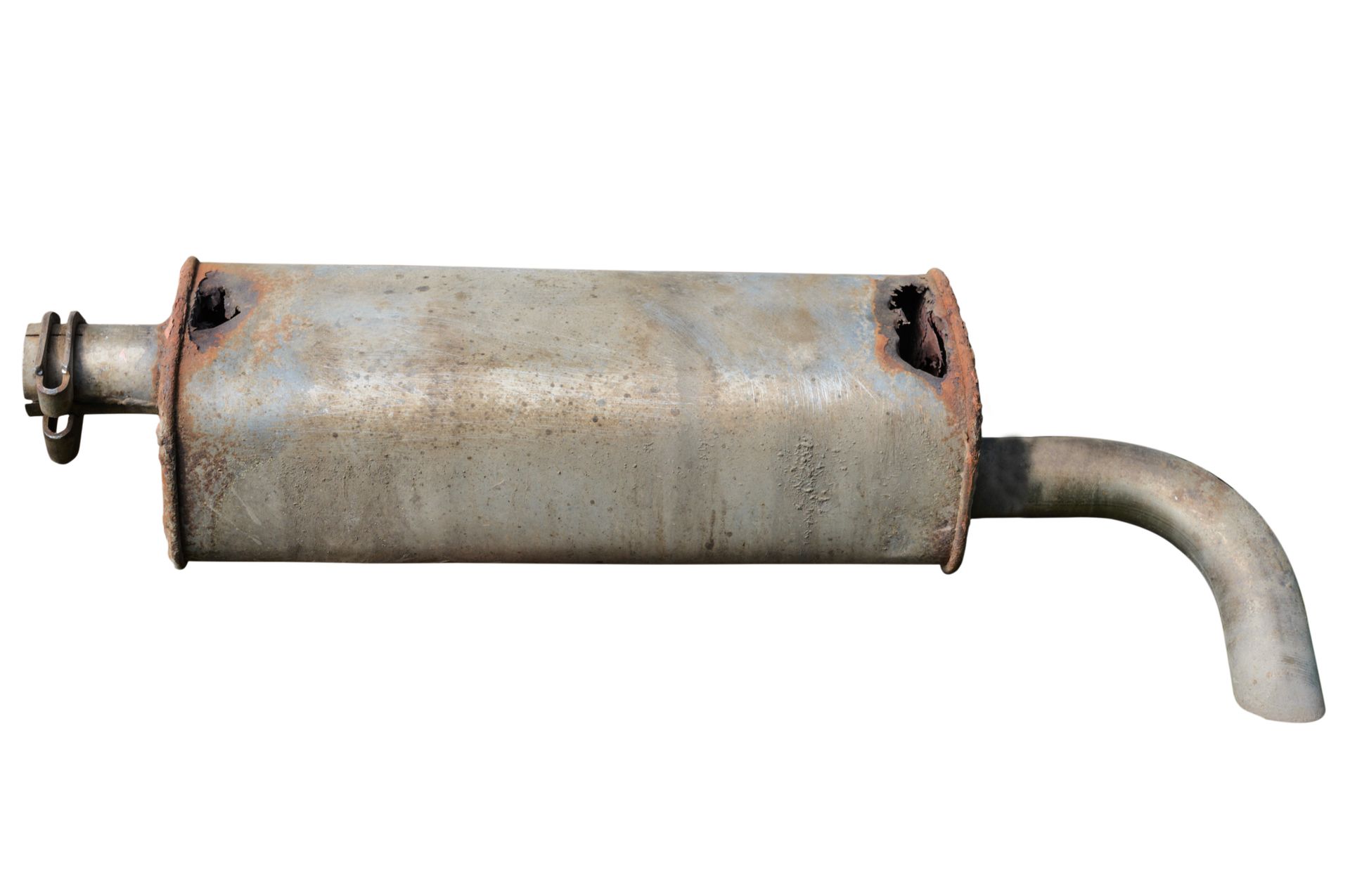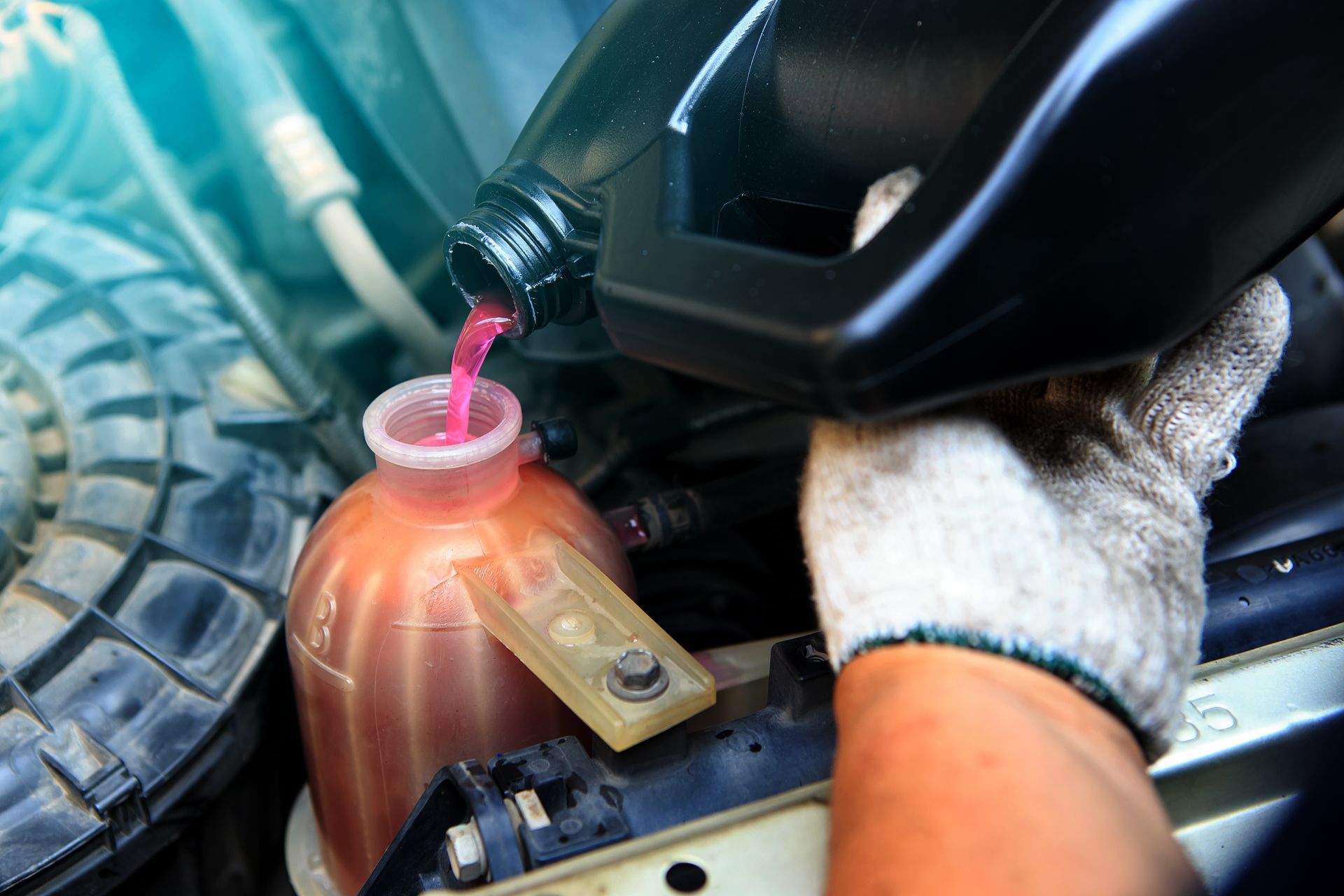
Nothing disrupts a drive quite like seeing the check engine light appear on your dashboard. It’s one of those warnings that can mean anything from a loose gas cap to a serious engine issue. Ignoring it isn’t an option, but panicking isn’t necessary either. Knowing what causes this light to come on and what steps to take can help you confidently handle the situation.
What the Check Engine Light Means
Your car’s check engine light is part of the onboard diagnostics system, designed to alert you when something isn’t working correctly. When the light comes on, it means the system has detected an issue that needs attention. The problem could be minor, like a faulty sensor, or more significant, like a misfiring engine.
There are two types of check engine light warnings. A steady light usually signals a less urgent issue, while a flashing light indicates a more severe problem that requires immediate attention. If the light is blinking, it’s best to pull over as soon as it’s safe and get your vehicle inspected to prevent potential damage.
Common Reasons the Check Engine Light Turns On
While there are dozens of reasons the check engine light can appear, some are more common than others.
- Loose or Faulty Gas Cap – A loose or damaged gas cap can trigger the check engine light by allowing fuel vapors to escape. Checking the cap and tightening it may resolve the issue.
- Failing Oxygen Sensor – This sensor monitors the level of unburned oxygen in the exhaust. If it fails, fuel efficiency can drop, and emissions may increase.
- Bad Spark Plugs or Ignition Coils – Worn-out spark plugs or faulty ignition coils can cause engine misfires, leading to poor performance and rough idling.
- Malfunctioning Mass Airflow Sensor – The mass airflow sensor helps regulate the amount of air entering the engine. When it malfunctions, it can cause stalling, hesitation, or reduced gas mileage.
- Catalytic Converter Issues – If the catalytic converter starts to fail, your car may struggle with acceleration and fuel efficiency. This problem can be costly if left unaddressed.
If you’re in Raleigh, NC, frequent stop-and-go traffic and varying weather conditions can contribute to these issues, making regular maintenance even more important.
What to Do When the Check Engine Light Comes On
When the check engine light appears, the best thing to do is assess the situation calmly and take the appropriate steps.
- Check for Immediate Signs of Trouble – Listen for unusual noises, pay attention to any odd smells, and monitor how your car is driving. If the engine is running rough, misfiring, or struggling to accelerate, it’s best to stop driving and get your car checked right away.
- Tighten the Gas Cap – If there are no immediate symptoms, check the gas cap and tighten it if necessary. Sometimes, this alone can resolve the issue.
- Monitor the Light – If the light remains on after a few driving cycles but there are no performance issues, schedule a diagnostic check to identify the cause before it worsens.
- Get a Professional Inspection – Even if your car seems to be running fine, a diagnostic scan can pinpoint the problem before it leads to expensive repairs.
Why a Diagnostic Check is Important
Modern vehicles rely on complex computer systems, and a check engine light doesn’t always tell the full story. A professional diagnostic scan reads the trouble codes stored in the car’s computer, helping technicians identify the exact issue.
Ignoring a minor issue can lead to bigger problems , such as decreased fuel efficiency, higher emissions, or long-term engine damage. Getting the problem diagnosed early can save time, money, and potential headaches down the road.
If your check engine light is on and you need a reliable inspection, Torque Automotive in Raleigh, NC, offers expert diagnostics and repairs to keep your car running properly.











